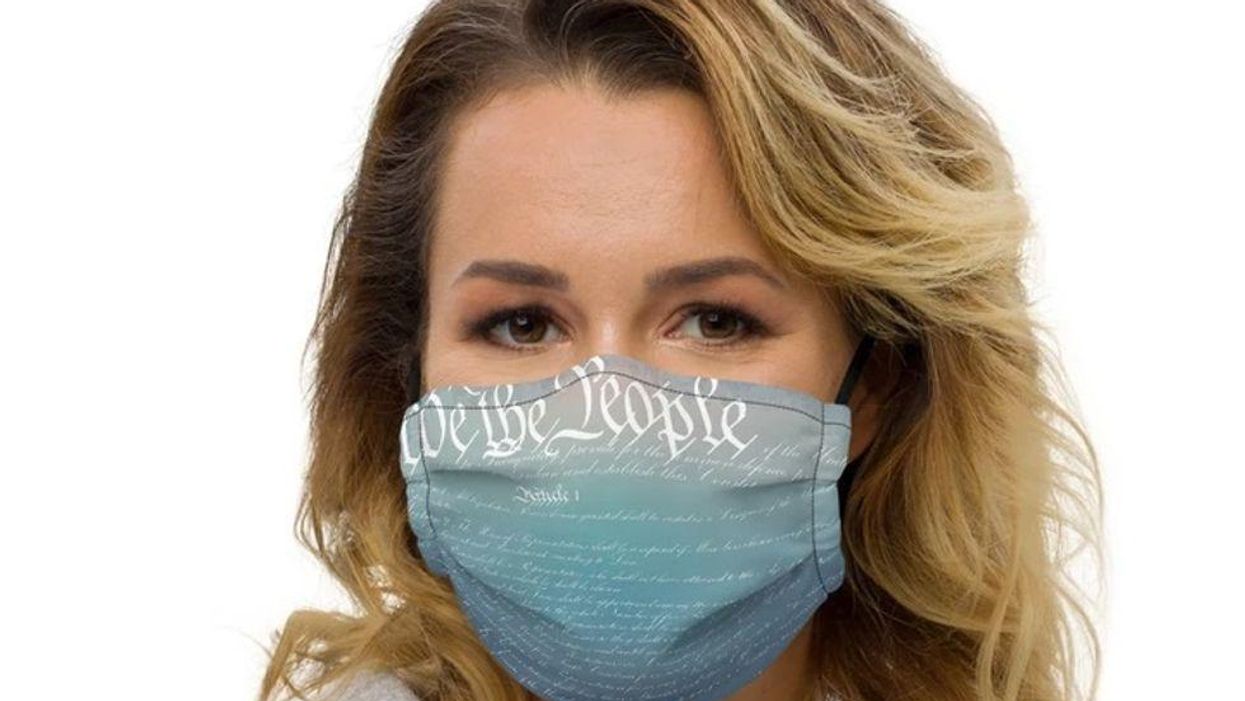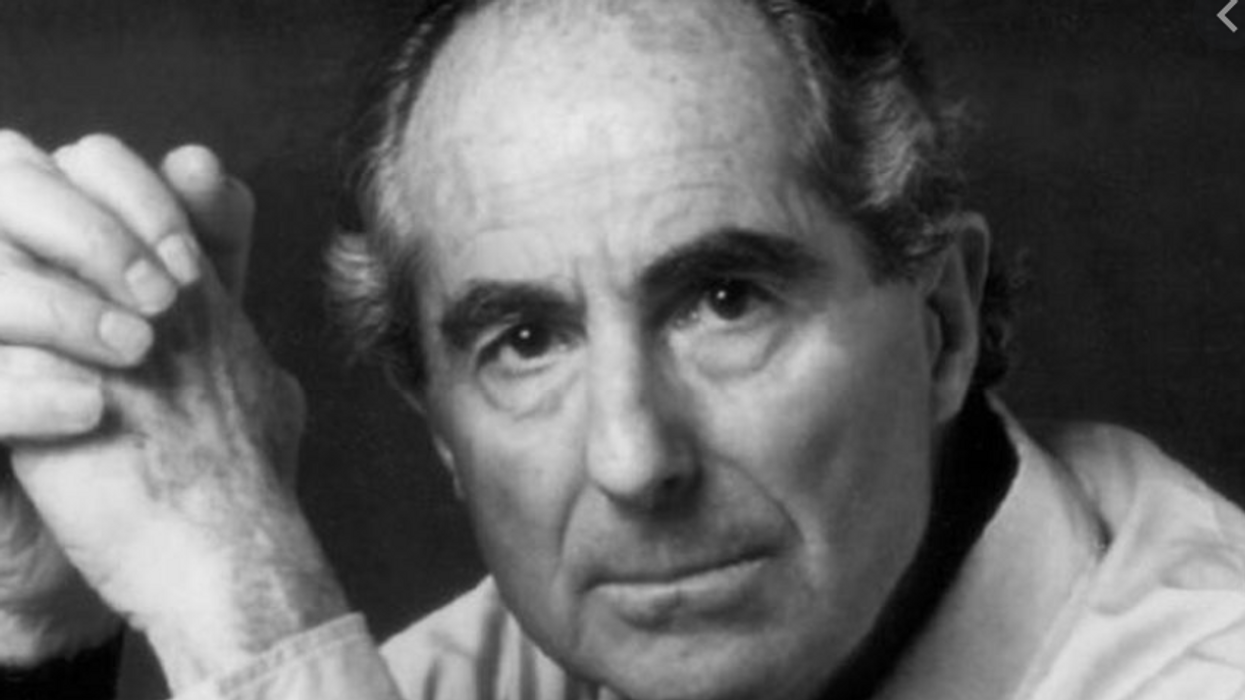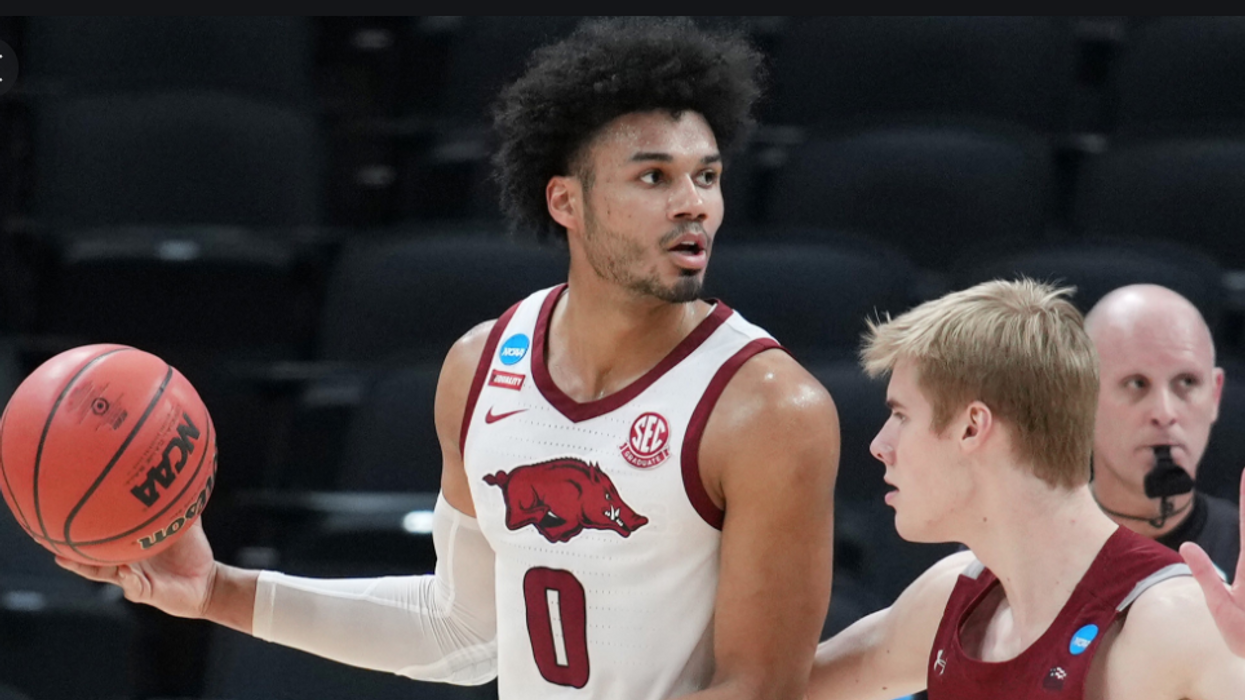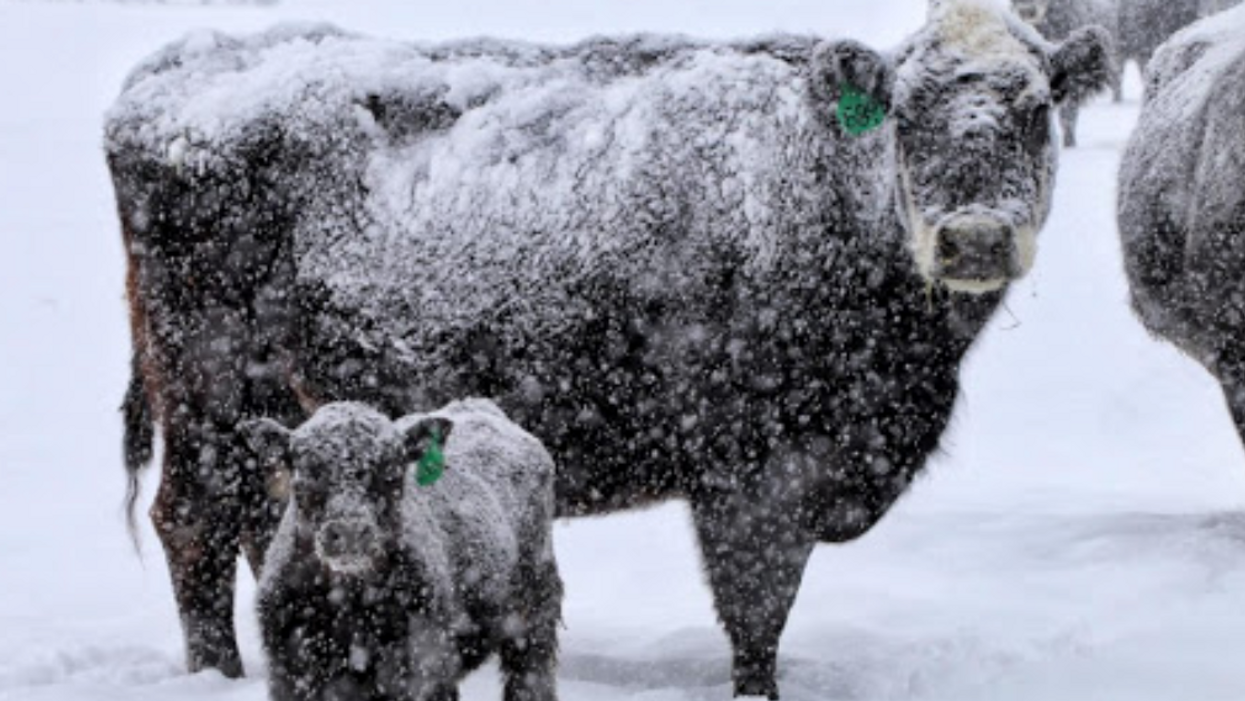Get Vaccinated Now, Mask Up Sometimes -- And Keep Using Common Sense
Frankly, I've never understood why face masks were ever such a big deal. There's a deadly viral disease abroad in the land; it spreads through aerosolized particles emitted when people talk, sneeze or breathe heavily, particularly in crowded, indoor spaces. It seemed only a matter of common sense and common courtesy to wear a mask at the grocery store.
I don't like wearing socks either. But if they protected me, the people I love, and Maggie the Kroger pharmacist from intensive care or the graveyard, I'd wear two pairs at a time. What persuaded me was during the early days of the Covid-19 pandemic when Maggie sewed masks for the whole pharmacy staff back when masks were still hard to find. I'd already learned to trust her judgement.
Possibly the dumbest non-Trump moment during the whole Covid-19 saga (ingested bleach lately?) was when a crowd of fools in Idaho made a spectacle of themselves burning face masks to express their vigilant opposition to… Well to what? The existence of viruses? The reality of the pandemic? The tyranny of public health departments?
Politicians prating about lost "liberty" over face mask requirements struck me as similarly childish. The government also requires me to wear pants in public. Is that an infringement of my First Amendment right as an American to exhibit my posterior?
Nowhere near as dumb, because essentially harmless, are the many Americans who vow to continue wearing face masks pretty much forever. There's a meme going around on Facebook asking people if they plan to ditch the fool things in the wake of the CDC's (admittedly clumsy) pronouncement that fully-vaccinated individuals no longer need them.
See, the data's in: the vaccines work.
So far, more than a million fraidy-cats affirm that they plan to go masked indefinitely: MAGA hats for Democrats. Ever in search of ratings-building controversy, CNN news personalities have taken to pretending that the CDC guidelines are deeply confusing and potentially dangerous.
No, they're not. And yes, even the most dedicated worry-warts will gradually shed their masks in coming weeks as wearing one makes you look like a hopeless dork and CNN moves on to the next damned thing.
Even my sainted wife—a worry-wart if ever one was—will eventually lose every mask she owns and neglect to replace them. We'll be finding them in couch cushions and under ottomans for months. She forgot her mask at our favorite (outdoor) pizza place the other night, and I said nothing. See, I'd accidentally left mine in the car.
Everybody at our table was long-vaccinated, so what was the point?
But I'll keep going masked into the Kroger store for as long as they ask. So will everybody else. It's no big deal. That's why all this TV chatter about a one-size-fits-all national policy is beside the point. We live in a strong blue enclave in the deep red state of Arkansas. Locally, common sense compliance with mask mandates has been strong.
Out in the boondocks, however, it's a different story. The New York Times' interactive coronavirus tracker tells me that rural Perry County, where we lived until fairly recently, is at "high risk" for infection. Our friend Maurice says that nobody but him wears a mask at the filling station/feed store that serves as a community hub. As a former college professor, people expect him to be eccentric.
However, there have also been no Covid deaths and no new cases countywide for several weeks running. So you can almost understand why only 30 percent of citizens there have been vaccinated. Most residents of the county are cows.
Almost, that is, but not quite.
Vaccine hesitancy doesn't shock me. Apparently misled by Walter Winchell—the Tucker Carlson of his day—my own sainted mother refused to let me be vaccinated against polio. She had a superstitious nature and mistrusted expertise of all kinds. I finally got the shot after joining the Peace Corps.
Back here in town, masking customs have been evolving steadily since the vaccine arrived. For months, protocol at outdoor restaurants has been to wear one until you sit down, and then remove them. Pretty much the same custom now prevails at indoor restaurants that have recently reopened. Call me reckless, but I have never worn a mask during our daily dog park outing, merely kept my distance, as most people there do.
Dogs, not so much.
Compared to most people, dealing with the pandemic has been fairly easy for my wife and me. I've worked at home for many years, and she's retired. We've always preferred each other's company to anybody else's. We both read a lot, and I watch ballgames on TV. Since getting our shots last February, we've been re-emerging like two box turtles emerging from hibernation.
Take a few steps, pause, and then take a few more: the only national masking policy we really need.











